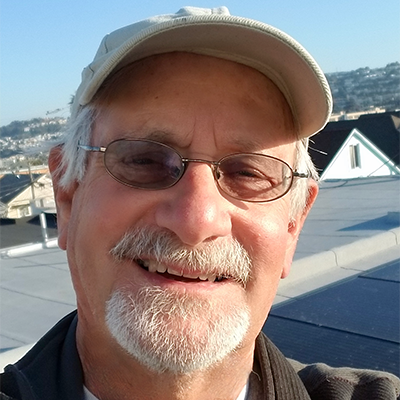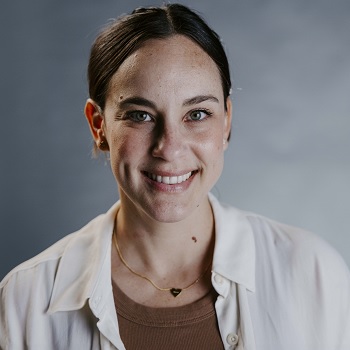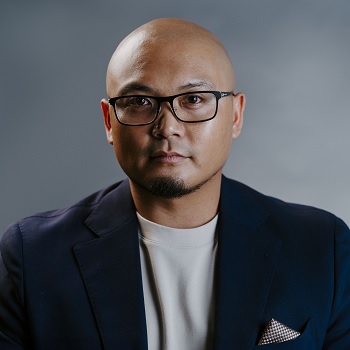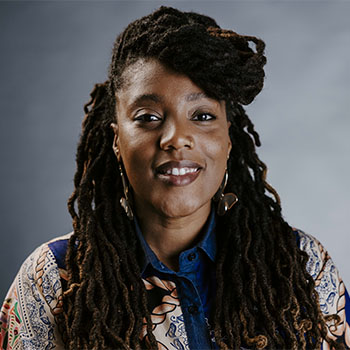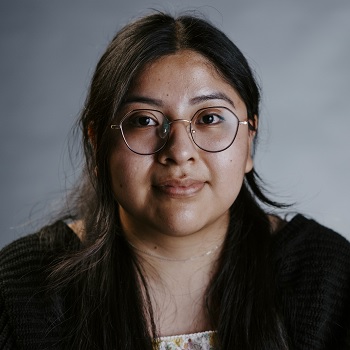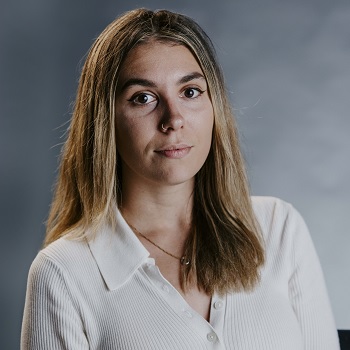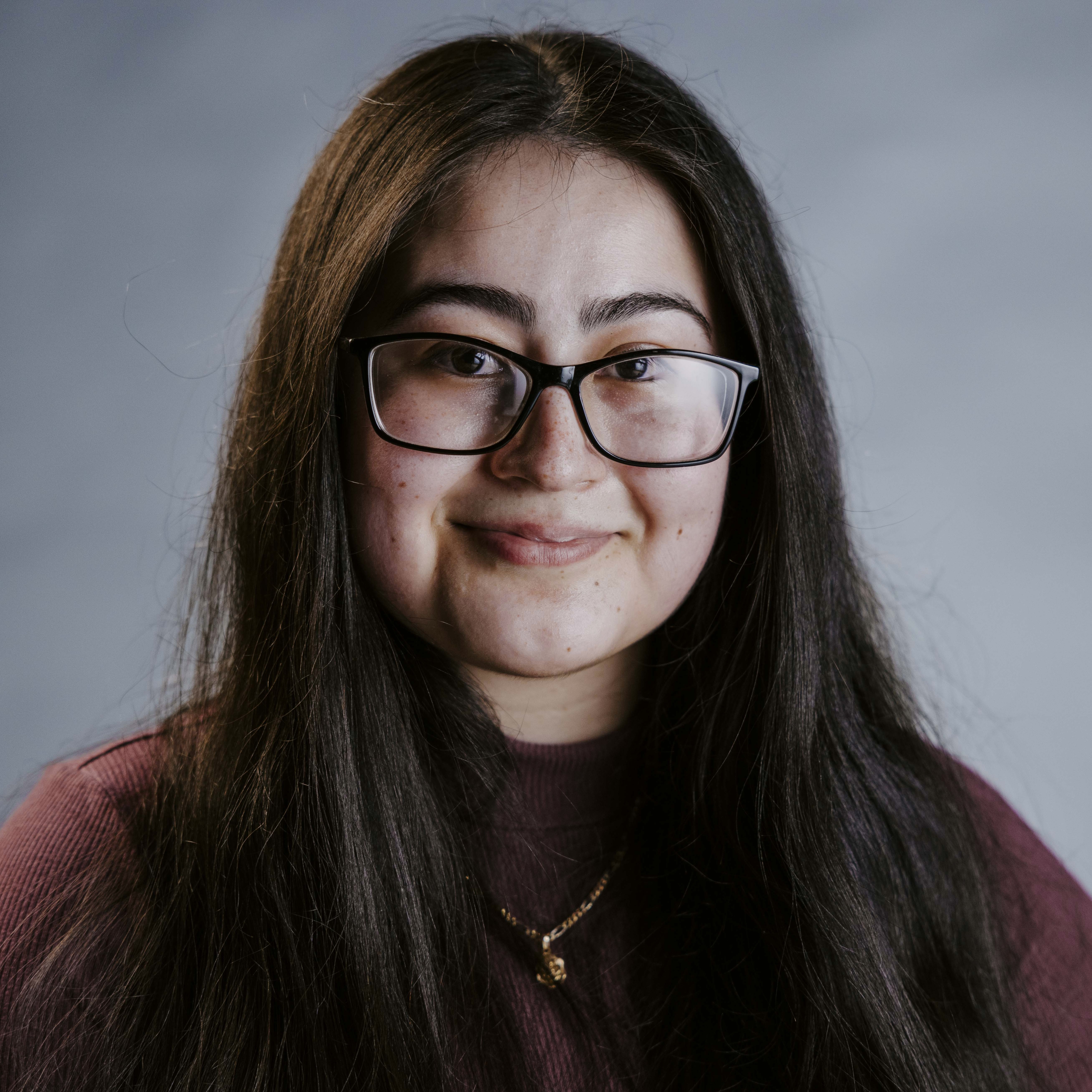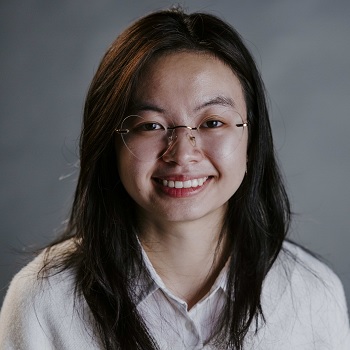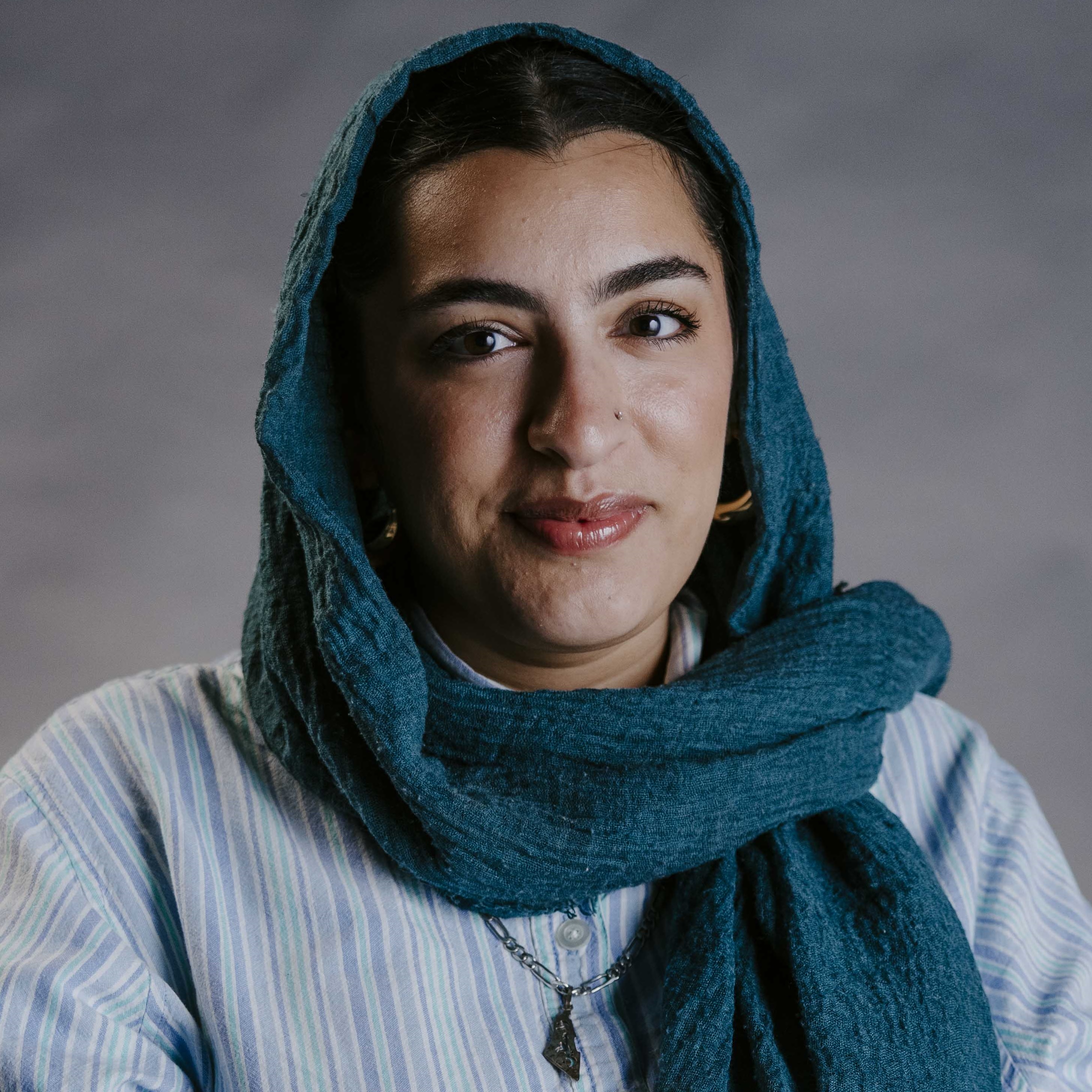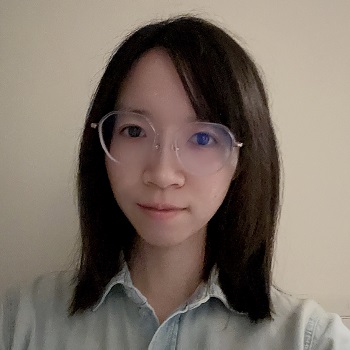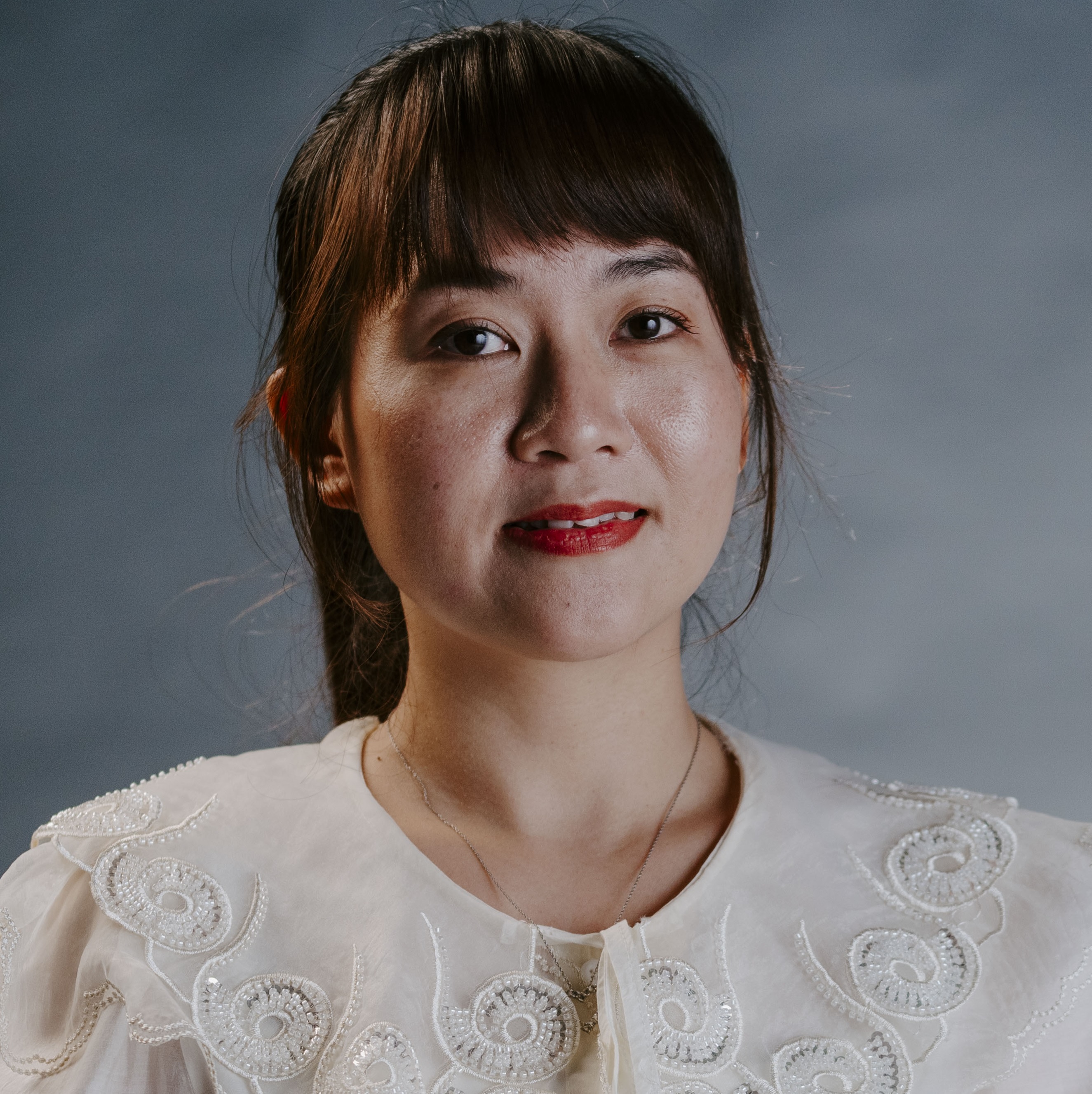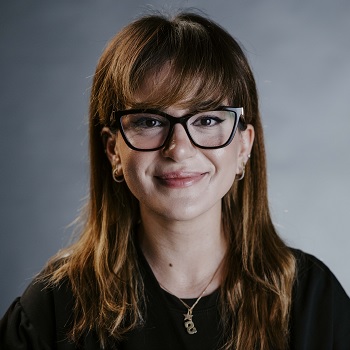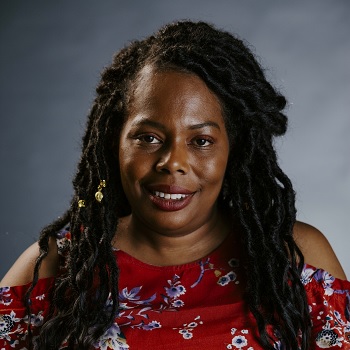SFSU expands disability studies with grant
The funds will revitalize, grow disability-centered academic offerings and student activities
SAN FRANCISCO – October 31, 2025 – San Francisco State University (SFSU), the premier public university that educates and equips students to thrive in a global society, received a $2 million grant from the Mellon Foundation, the nation’s largest supporter of the arts and humanities. The funds will expand and revitalize disability-centered academic offerings and student activities at SFSU.
“San Francisco State University has a longstanding history of ensuring its academic offerings reflect and represent its diverse student body, including people with disabilities,” SFSU Provost and Vice President of Academic Affairs Amy Sueyoshi said. “This grant will allow us to uphold our promise to provide inclusive curricula.”
New tenure-track faculty lines in disability studies
The grant will establish two tenure-track faculty positions with specific expertise in disability studies. The new positions will help the University expand its course offerings in disability studies, which will give students a wider range of options to learn about the field.
The first position will be in the School of Design and will specialize in universal and accessible design. The second position will be in the College of Ethnic Studies and will focus on intersectionality and its relevance to disability studies.
“To build a sustainable future for disability studies at SFSU, these positions would be strategically placed in academic units that will allow students to learn about disability-centered topics from different perspectives and angles,” Sueyoshi said.
Partnership with The Arc SF
The grant will also support the creation of a faculty director position at SFSU to deepen collaboration with the Paul K. Longmore Institute on Disability. The institute is now located at The Arc San Francisco, a nonprofit that partners with adults with developmental disabilities through education, employment and community engagement in San Francisco, Marin and San Mateo counties.
Founded at SFSU in 1996, the Longmore Institute has been a national leader in disability scholarship and public education. In 2025, the institute transitioned to The Arc SF, where it continues its mission to amplify voices in the disability community and challenge societal perceptions through cultural programming, academic collaboration and community partnerships.
Melissa Crisp-Cooper, associate director of participant experience at The Arc SF, will serve as the primary point of contact for the Longmore Institute, helping coordinate joint programming and community engagement efforts with SFSU.
“People with developmental disabilities are often left out of advocacy movements and disconnected from the history of disability rights and justice,” said Crisp-Cooper. “We want to make landmark moments like the 504 Sit-In and the ADA accessible to our participants; not just through plain language but through mentorship, pride and programs designed with their needs in mind. This partnership is about helping our community see themselves in the fight for an inclusive future.”
The faculty director will work closely with the Longmore Institute to develop public events, workshops and academic initiatives centered on disability studies. The role will also support the growth of disability studies on campus and help create paid internships and fellowship opportunities for SFSU students.
SFSU will begin recruiting in fall 2025 for the new tenure-track faculty positions and the faculty director. All positions are expected to be filled by fall 2026.
Learn more about the Disability Studies minor and the Paul K. Longmore Institute on Disability.
About The Andrew W. Mellon Foundation
The Andrew W. Mellon Foundation is the nation’s largest supporter of the arts and humanities. Since 1969, the Foundation has been guided by its core belief that the humanities and arts are essential to human understanding. The Foundation believes that the arts and humanities are where we express our complex humanity, and that everyone deserves the beauty and empowerment that can be found there. Through our grants, we seek to build just communities enriched by meaning and guided by critical thinking, where ideas and imagination can thrive. Learn more at mellon.org.
